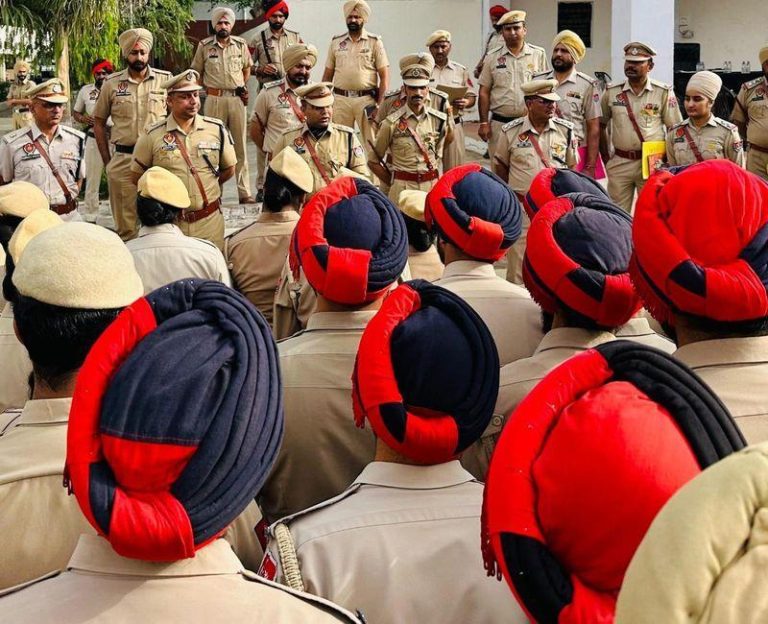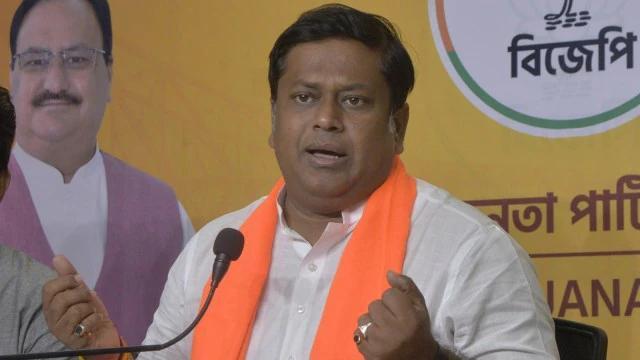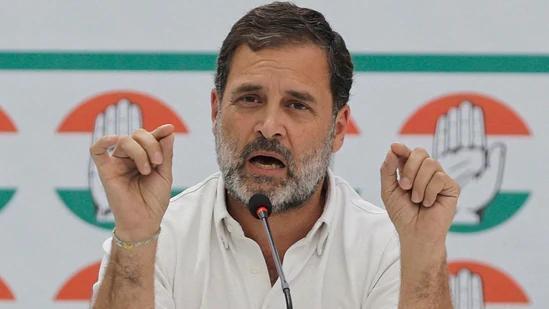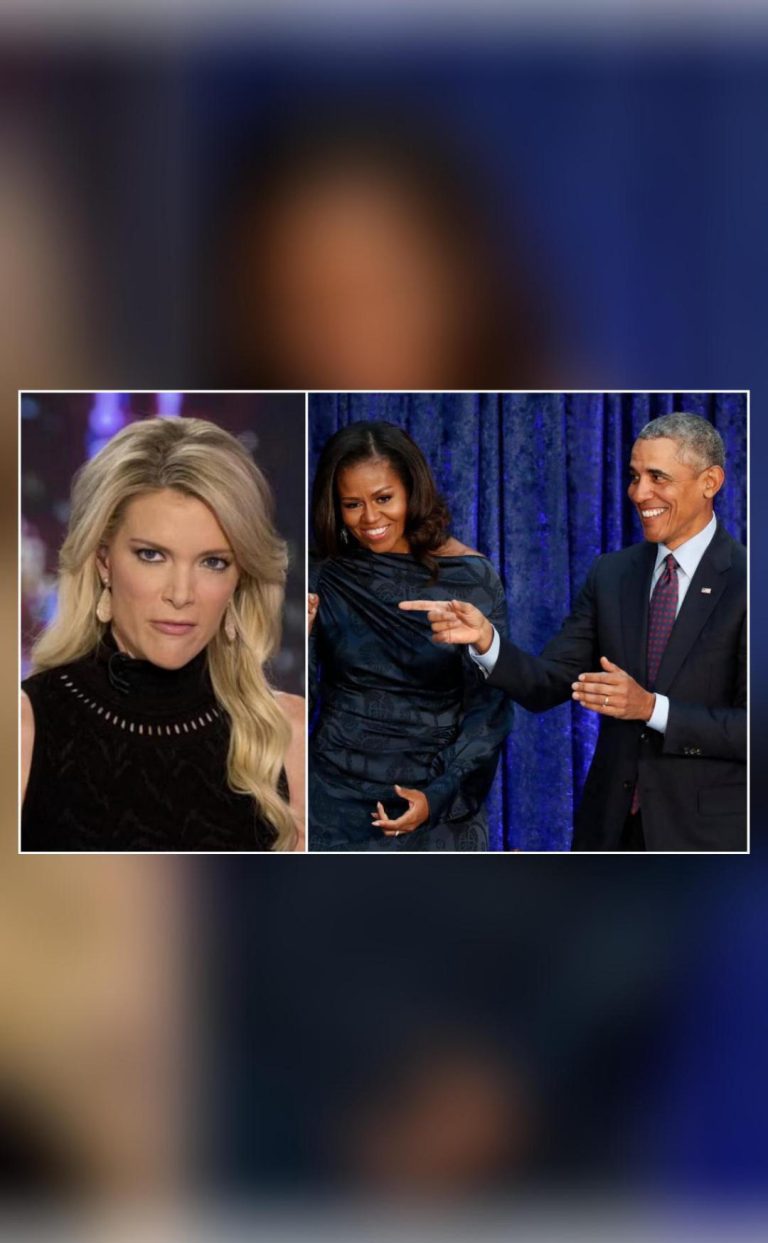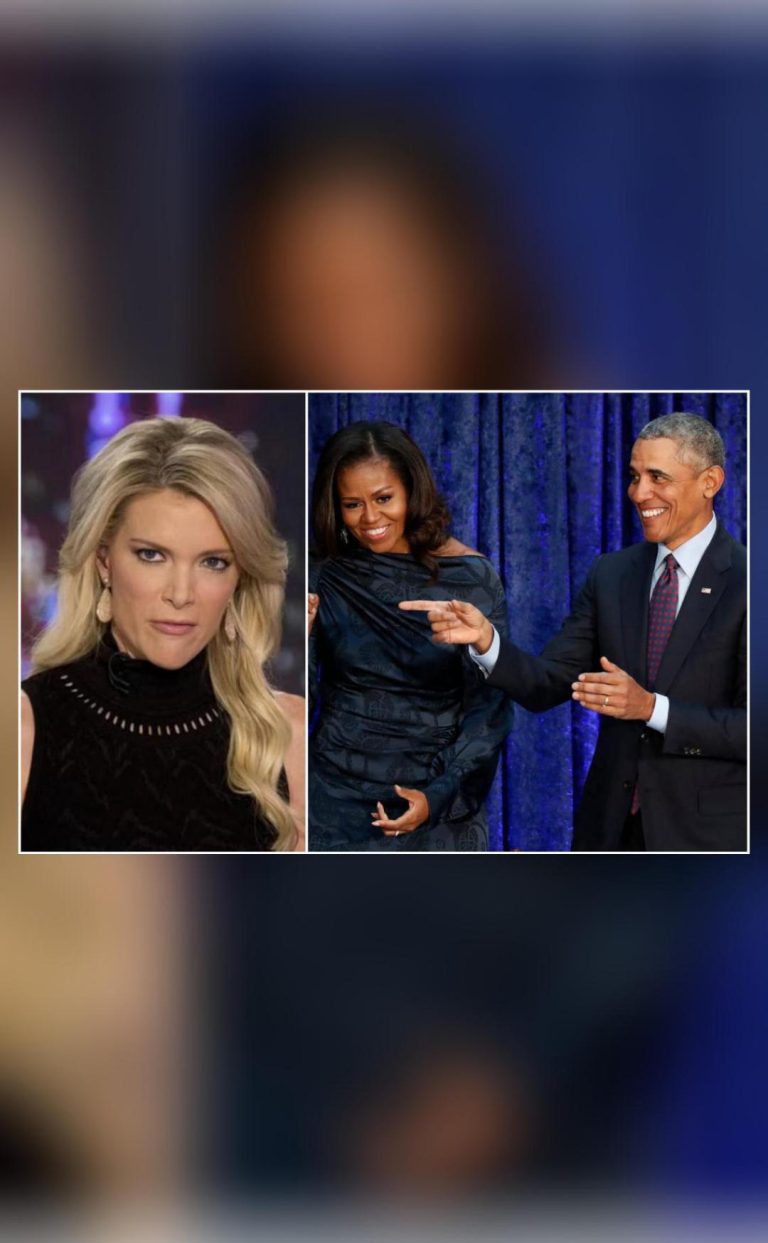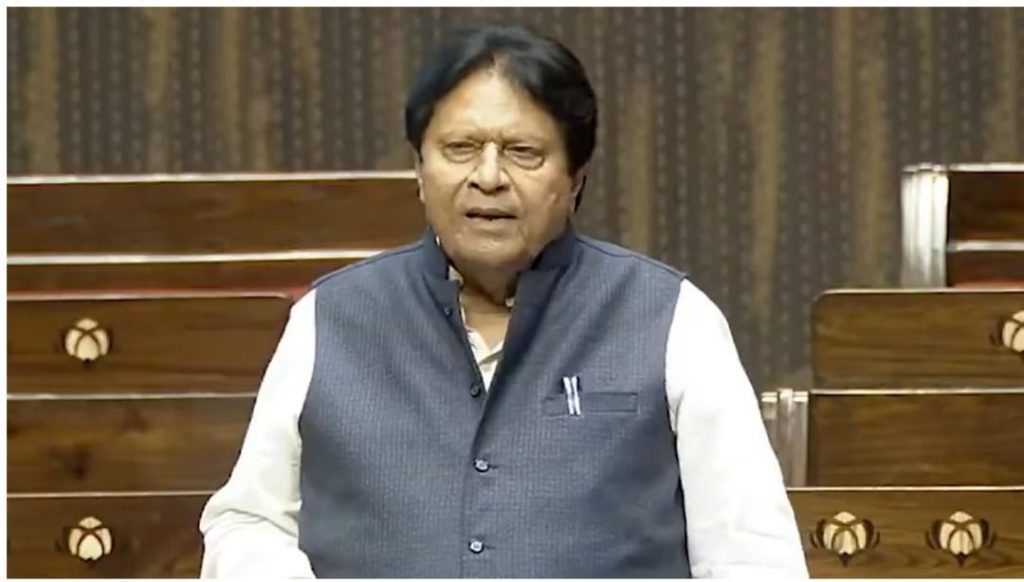
SP MP Suman calls Rajput king Rana Sanga a ‘traitor’, BJP reacts
In a recent controversy, Samajwadi Party (SP) MP Ramji Lal Suman sparked a heated debate in Parliament by referring to Rajput king Rana Sanga as a “traitor”. Suman’s statement was aimed at highlighting the role of Rana Sanga in inviting Babur, the founder of the Mughal Empire, to defeat Ibrahim Lodi, the ruler of the Delhi Sultanate. The SP leader claimed that if the Bharatiya Janata Party (BJP) considers Muslims to be the descendants of Babur, then they are also the descendants of Rana Sanga, who was a “traitor”.
Suman’s statement was made during a discussion on a private member’s bill in the Lok Sabha. He said, “Who brought Babur? It was Rana Sanga who invited him to defeat Ibrahim Lodi. If you (BJP) claim Muslims are the descendants of Babur, then you’re the descendants of ‘traitor’ Rana Sanga.”
The SP MP’s remarks were met with strong opposition from the BJP, with party leader Sanjeev Balyan calling his statement “shameful” and “crossing all limits of appeasement”. Balyan stated, “Shame on you, crossing all limits of appeasement. This is not a debate, but a deliberate attempt to spread hatred and division.”
The controversy has sparked a national debate, with many questioning the necessity of Suman’s statement. While some have defended Suman’s remarks, saying that they were meant to highlight the historical facts, others have condemned the statement as an attempt to sow discord among communities.
Rana Sanga was a prominent Rajput king who ruled over the kingdom of Mewar in the 16th century. He is remembered for his bravery and military prowess, and is considered a hero in Rajput folklore. However, his decision to invite Babur to defeat Ibrahim Lodi is seen as a mistake, as it ultimately led to the Mughal Empire’s conquest of India.
Suman’s statement has been defended by some as a way to highlight the historical complexities of the period. “Rana Sanga’s decision to invite Babur was a strategic mistake that led to the downfall of the Rajput kingdoms,” said historian Dr. Ravi Ranjan. “Suman’s statement is an attempt to correct this historical narrative and highlight the role of Rana Sanga in contributing to the Mughal Empire’s rise to power.”
However, many have criticized Suman’s statement as an attempt to spread hatred and division. “Suman’s statement is an attempt to create a wedge between communities,” said social activist Kavita Krishnan. “It is unacceptable to refer to Rana Sanga as a ‘traitor’ without considering the historical context. Instead of trying to spread hatred, we should be working towards building bridges between communities.”
The controversy has also raised questions about the role of history in shaping our understanding of ourselves and our communities. “History is a complex and nuanced subject that cannot be reduced to simplistic narratives or binary oppositions,” said historian Dr. Nayanjot Lahiri. “Suman’s statement is an attempt to simplify complex historical issues and create an us-vs-them mentality. Instead, we should be working towards a deeper understanding of history and its complexities.”
In conclusion, the controversy surrounding Suman’s statement highlights the need for a nuanced and balanced understanding of history. While it is important to acknowledge the complexities and nuances of historical events, it is equally important to avoid spreading hatred and division. As we move forward, it is crucial that we work towards building bridges between communities and promoting a deeper understanding of our shared history.
